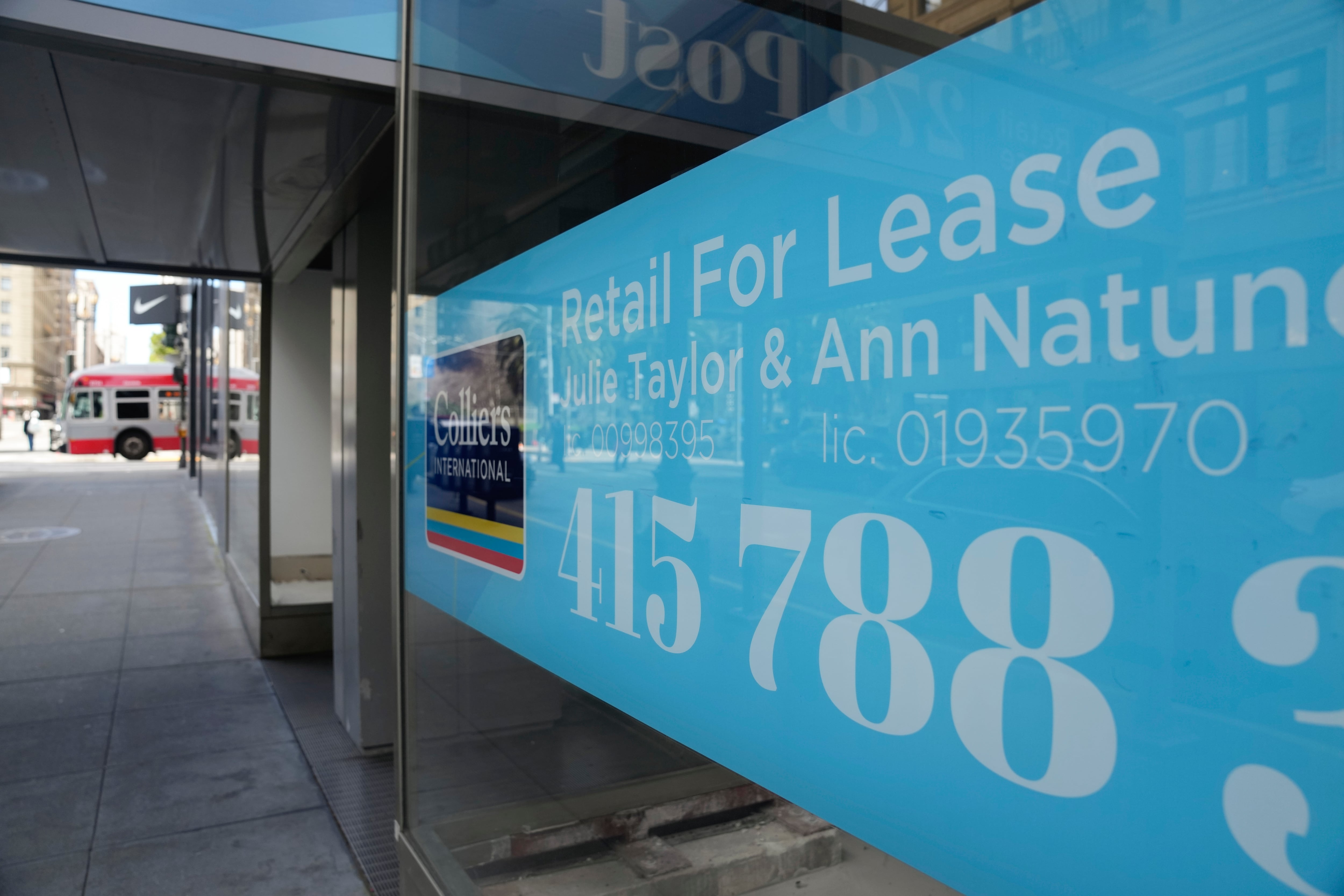NEW YORK (AP) — Cost pressures continue to hurt small businesses.
In particular, rent inflation is a pressure point for small businesses, according to new data from the Bank of America Institute. The average monthly share of rent in total payments through May is 9.1%, up significantly from the 2019 average of 5.9%.
Some parts of the country have higher rents. In Las Vegas, for example, the average share of rent in May was more than double the national average.
But easing wage inflation has taken some pressure off of small businesses. Bank of America Institute found total nonfarm payroll growth remains strongest in the South. Payroll payments in cities like Charlotte and Tampa are over 30% higher than in 2019.
To calculate rent share, Bank of America analyzed internal data, specifically from small businesses that automatically pay rent out of their Bank of America accounts.
The average monthly rent payment growth per small business client was up 12% year-over-year in May. The rent payments per client closely track the nonresidential real estate rents component of the Producer Price Index, which suggests the increases are largely due to inflation rather than small businesses upgrading to bigger or better space.
Another bright spot from internal data: A metric called the inflow-to-outflow ratio, which Bank of America Institute views as a proxy for profits, rose in May and reached its highest level since March 2023. However, the ratio still remains on average lower than the past few years.













